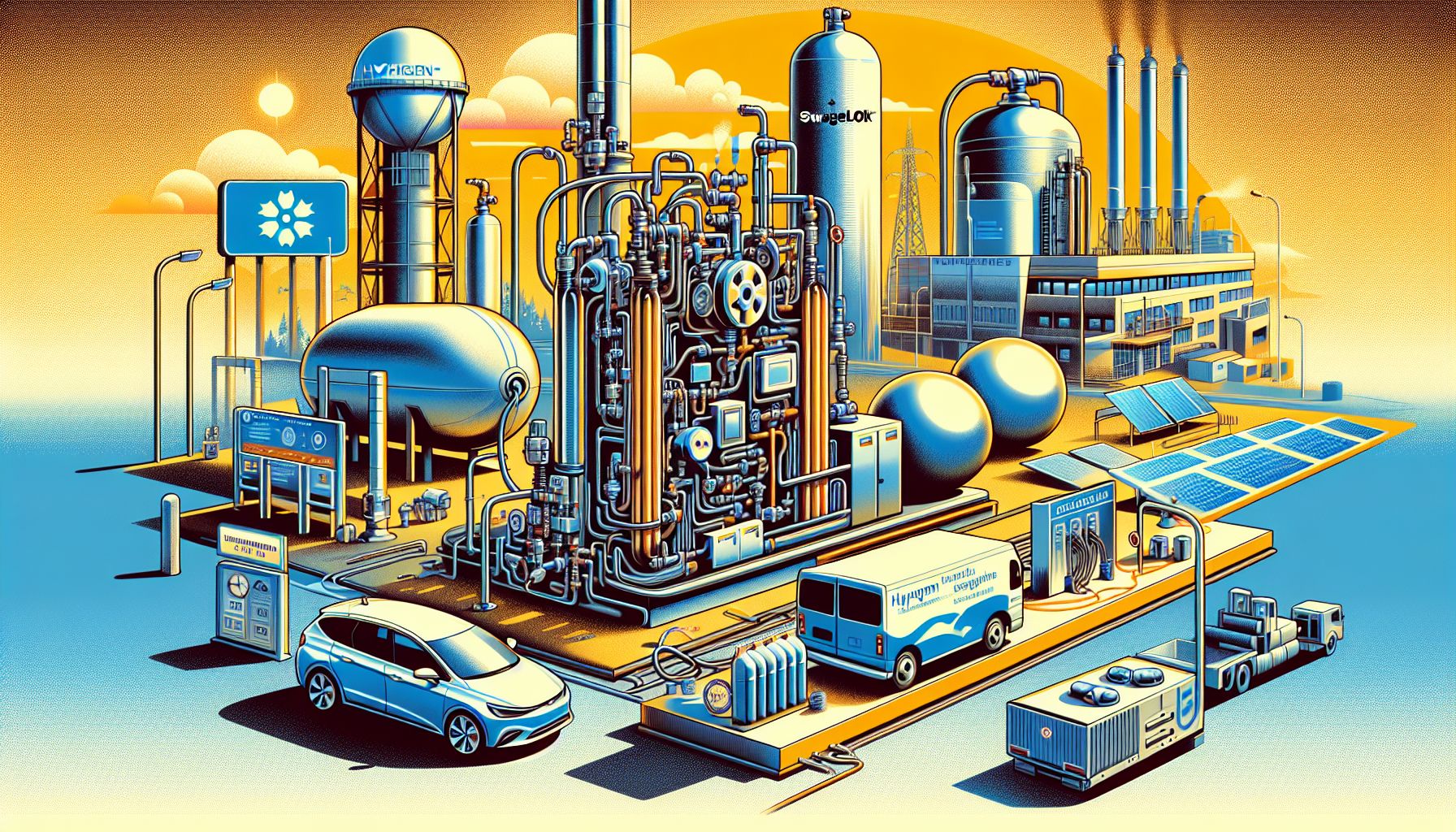Hydrogen Safety Advancements: Balancing Innovation and Risk

Amsterdam, Friday, 16 August 2024.
As hydrogen gains traction in clean energy, safety concerns are at the forefront. From Toyota Mirai’s robust fuel cells to Swagelok’s high-pressure solutions, the industry is innovating to prevent leaks and explosions. Recent studies on vehicle safety and new fueling technologies highlight the ongoing efforts to make hydrogen a secure energy alternative.
Toyota Mirai: A Case Study in Hydrogen Safety
The Toyota Mirai, a hydrogen fuel cell electric vehicle (FCEV), has been a focal point in discussions around hydrogen safety. Despite its limited commercial success, the Mirai is renowned for its robust safety features. In a recent incident, Ukrainian forces repurposed parts from a wrecked Mirai to create an improvised explosive device. This incident underscores the importance of robust safety measures, as the hydrogen tank in the Mirai is designed to withstand significant impacts without rupturing [1].
Innovations in Hydrogen Infrastructure
Swagelok, a leader in fluid system solutions, is heavily invested in developing safe and reliable hydrogen infrastructure. Their products are designed to handle high containment pressures up to 1050 bar (15,229 psi), addressing critical safety concerns such as hydrogen embrittlement and leaks. Swagelok’s high-quality materials and components ensure the integrity of hydrogen fueling systems, making them suitable for various applications, from heavy-duty vehicles to gas injection into the grid [2].
Research on Hydrogen Leakage
A study published in the Journal of Hydrogen Energy examines the risk of hydrogen leakage in fuel cell vehicles (HFCVs). With storage pressures reaching 70 MPa, even small leaks can lead to significant safety hazards. The study highlights the impact of leak location and vent design on hydrogen diffusion within the vehicle, emphasizing the need for meticulous engineering to prevent dangerous concentrations of hydrogen gas [3].
Advancements in Hydrogen Fueling Technology
Zero Emission Industries (ZEI) recently introduced the FTcase, a groundbreaking solution for mobile hydrogen fueling. This technology addresses the logistical challenges of hydrogen refueling by providing a cost-effective and flexible infrastructure. The FTcase eliminates the need for extensive infrastructure projects and ensures reliable fueling capabilities, even when traditional stations are non-operational. This innovation is particularly beneficial for transit agencies, logistics companies, and port operations [4].
Conclusion: The Path Forward
As the hydrogen energy market evolves, the focus on safety and reliability continues to drive innovation. Companies like Toyota and Swagelok are pioneering advancements in vehicle safety and hydrogen infrastructure, while research and new technologies like the FTcase are addressing the practical challenges of hydrogen fueling. These efforts are crucial in making hydrogen a viable and secure alternative to traditional energy sources, ultimately contributing to the global fight against climate change.

